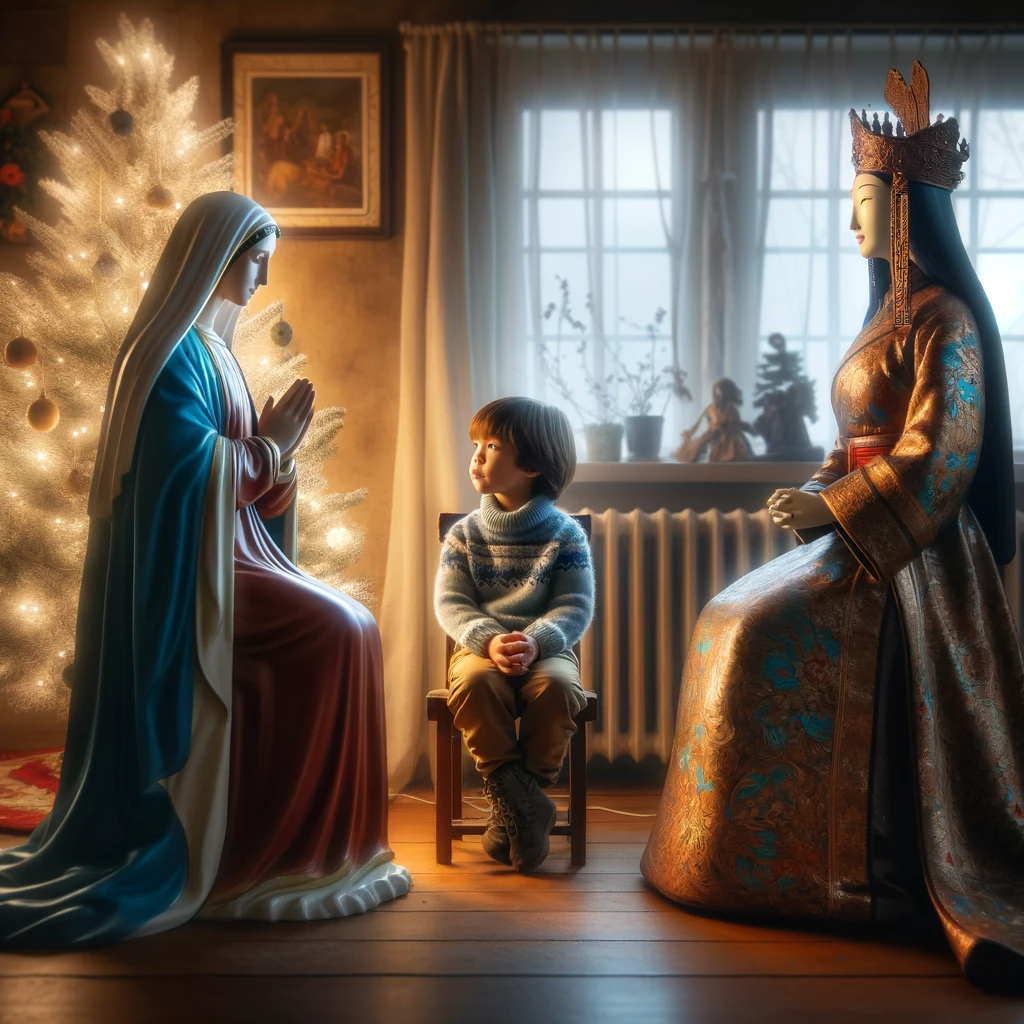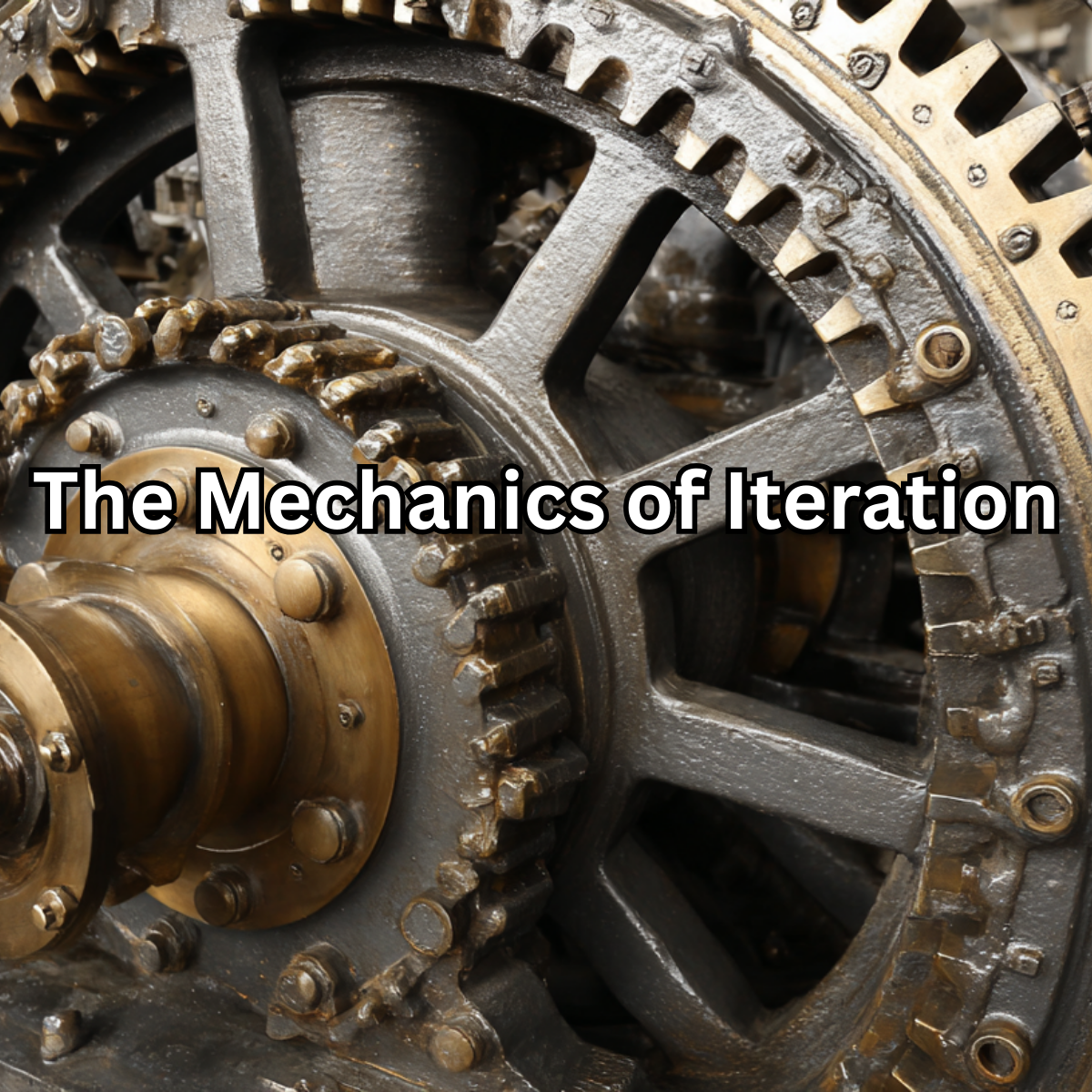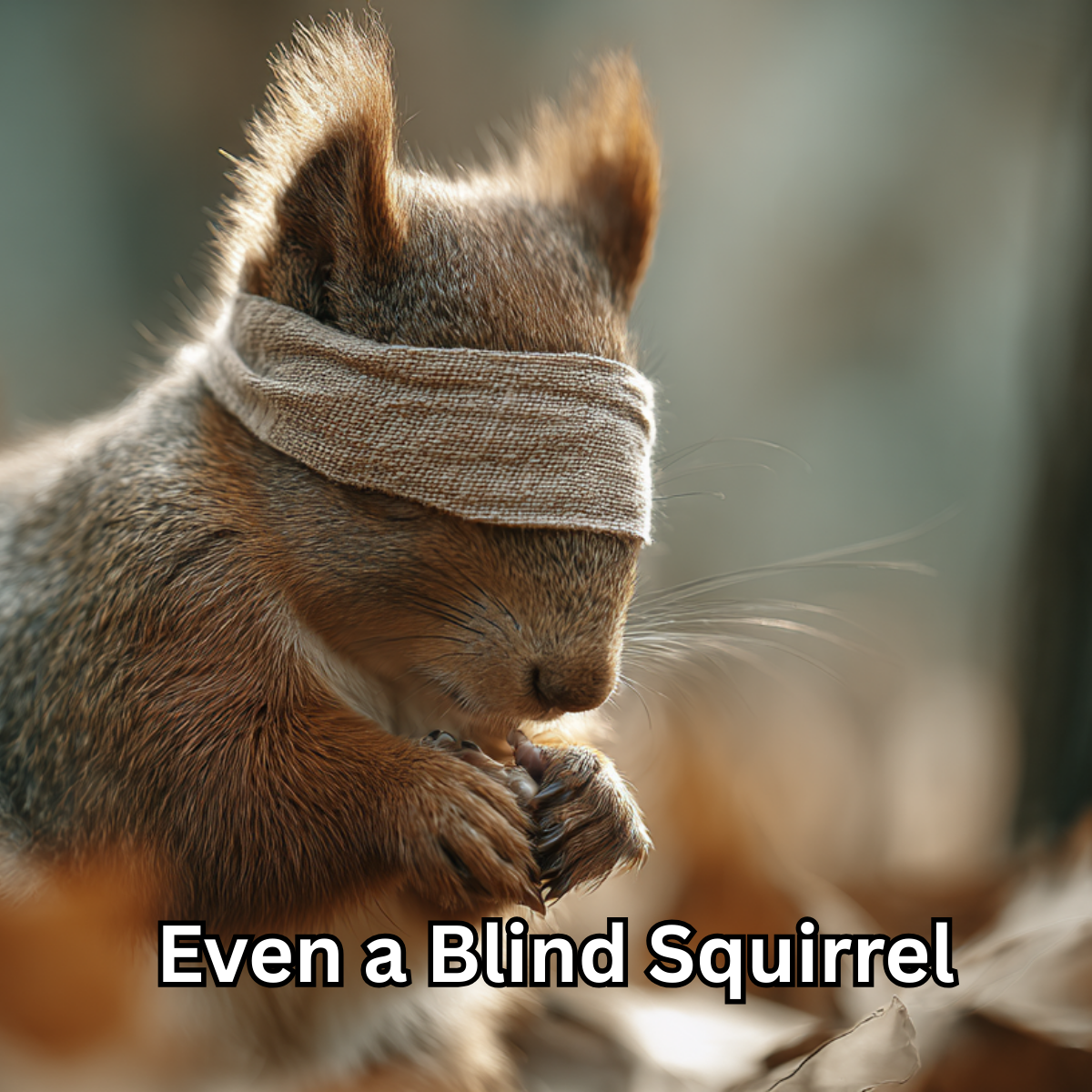Every Christmas, as we gather around to read the “Christmas Story” from Luke Chapter 2, my thoughts invariably drift towards Mary, the mother of Jesus. The tale, so deeply etched in our celebrations, compels me to ponder her journey. Mary’s story, from the miraculous conception to the treacherous flight to Egypt and the heart-wrenching experience of witnessing her son’s crucifixion, echoes the struggles and resilience that not only define her but also resonate with the experiences of many mothers, including those in my family. This festive season becomes a time for introspection, to appreciate the teachings and sacrifices of my mother and the matriarchs who have shaped my life.
Mary’s role as the mother of Jesus was fraught with challenges that tested her faith and strength. Imagine a young Mary grappling with an unplanned pregnancy under circumstances that could have led to severe social stigma. Yet, her response was one of unwavering faith and acceptance, a testament to her extraordinary character. Then came the flight to Egypt, a journey of survival and protection for her newborn against the threat of King Herod. Through all these trials, Mary exhibited remarkable resilience and adaptability, qualities that define the essence of motherhood.
Turning to another epoch, another continent, we find Hoelun, the mother of Genghis Khan, whose life story is equally compelling. Kidnapped, forced into marriage, and later abandoned with her children after her husband’s death, Hoelun faced adversities that are almost unimaginable today. Yet, she rose to the occasion, ensuring her family’s survival in the harsh steppes and shaping the future Khan. Her strength, wisdom, and the values she instilled in her children, especially in Genghis Khan, were instrumental in his rise to power and the unification of the Mongol tribes.
Drawing parallels between Mary and Hoelun, we find a common thread of unparalleled strength and resilience. Both women faced extraordinary challenges in their unique historical and cultural contexts. Their responses – Mary with her faith and grace and Hoelun with her fierce determination and political acumen – highlight mothers’ influential role in shaping history and character. Despite the vast differences in their lives and their eras, both epitomize the power and resilience inherent in motherhood.
These stories of Mary and Hoelun are not just historical narratives; they serve as powerful reminders of mothers’ pivotal role in our lives. They teach us resilience, faith, and the courage to face adversities. In a world where we often seek external guidance, let’s remember the wisdom residing within our own families, particularly from the maternal figures. Their advice, borne out of experience and love, might just be the guiding light we need. So, this festive season, and always, let’s listen closely to the wisdom of our mothers and the matriarchs in our lives – it could be the most valuable gift we receive.





This is beautiful. Thank you for sharing your perspective. It made me think of the saying the hand that rocks the cradle rules the world. I googled the quote and what it means. Simply put, the quote says that women have great power in influencing the future, because they have a dominant role in the bringing up of children from infancy itself. Can’t help but wonder what kind of a mother Hitler had.
Really makes you ponder if our society really values the role of the mother. Seems like we downplay that to much. Wonder why that happens? Seems like mothers embody the very survival of our species, so I do not get it. I too am grateful that I have always had really strong women in my life who have guided and taught me.
Thinking about Barbara’s comment about Hitler’s mother. Hitler was definitely a driven individual. Mothers definitely shape our lives. We all find our lives echoing their wisdom. Hopefully we are blessed with mothers, grandmothers, that are strong women of faith who inspire us to love others and to strive to be the best individuals we can be. I have definitely been blessed by all the strong women in my family.